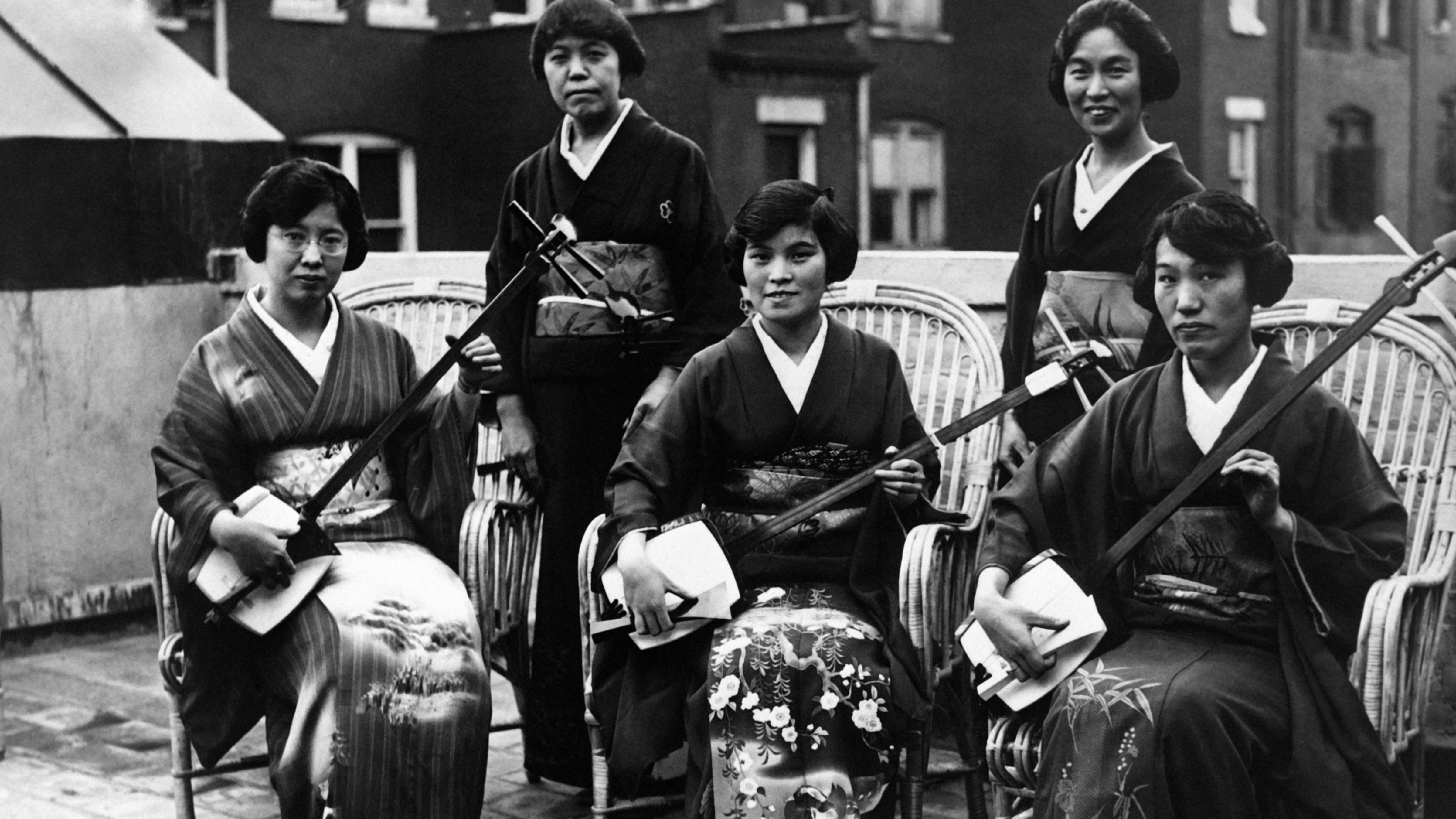
Want all the hottest music and gear news, reviews, deals, features and more, direct to your inbox? Sign up here.
You are now subscribed
Your newsletter sign-up was successful
After spending the last 20 years living in Japan, Marty Friedman is better placed than most Americans to theorise on why the Japanese popular music charts feature more guitar than they do in the US, or even the UK. And his observation actually makes a lot of sense.
Talking to Rick Beato in a new interview, the former Megadeth guitarist (who recently reunited with the band) and influential Shrapnel Records player believes it all comes back to a traditional three-stringed instrument.
I'd be willing to wager that in the top 10 over there, they all have guitars… and many of them have solos
"Guitar fits in all kinds of genres over there," begins Friedman. "Unlike here [where] I don't think the guitar is in the top 10, 20 songs, or if it is it's buried."
He contrasts that with Japan: "I'd be willing to wager that in the top 10 over there, they all have guitars… and many of them have solos. And many of them are distorted. But it's not metal necessarily, and traditional metal is kind of the same that it is here [in the US]. It's got its fans but it's not in the mainstream. But people love the sound of metal guitars in Japan so it fits in the pop music world, it fits in dance music… it fits everywhere and I have my own theory of why that is."
There's a little lever on the top of that, if you switch it, it makes the strings sound really scratchy and very much like a distorted guitar
Friedman's theory is actually very simple, but isn't something most outsiders would have considered.
"Japanese people are able to accept the distorted sound of a guitar at any age, from little kids to really, really old people because of the traditional Japanese instrument, the – that three–stringed instrument.
"There's a little lever on the top of that, if you switch it, it makes the strings sound really scratchy and very much like a distorted guitar. And if you look up something called [genre] Tsugaru-jamisen, that's like a bunch of people playing guitar licks in unison on these shamisens – it's very guitarish.
Want all the hottest music and gear news, reviews, deals, features and more, direct to your inbox? Sign up here.
"This has been passed down from generations so old people are not afraid of hearing distorted guitars," says Friedman. "The guitarist contrasts this to how people over 30 would have probably recoiled at the sound of a distorted guitar when he was a kid. "Here [in Japan] you've got people in their 80s completely grooving to the sound of a distorted guitar, and I will say it's probably because of traditional Japanese music and the shamisen."
Check the full interview above.

Rob is the Reviews Editor for GuitarWorld.com and MusicRadar guitars, so spends most of his waking hours (and beyond) thinking about and trying the latest gear while making sure our reviews team is giving you thorough and honest tests of it. He's worked for guitar mags and sites as a writer and editor for nearly 20 years but still winces at the thought of restringing anything with a Floyd Rose.